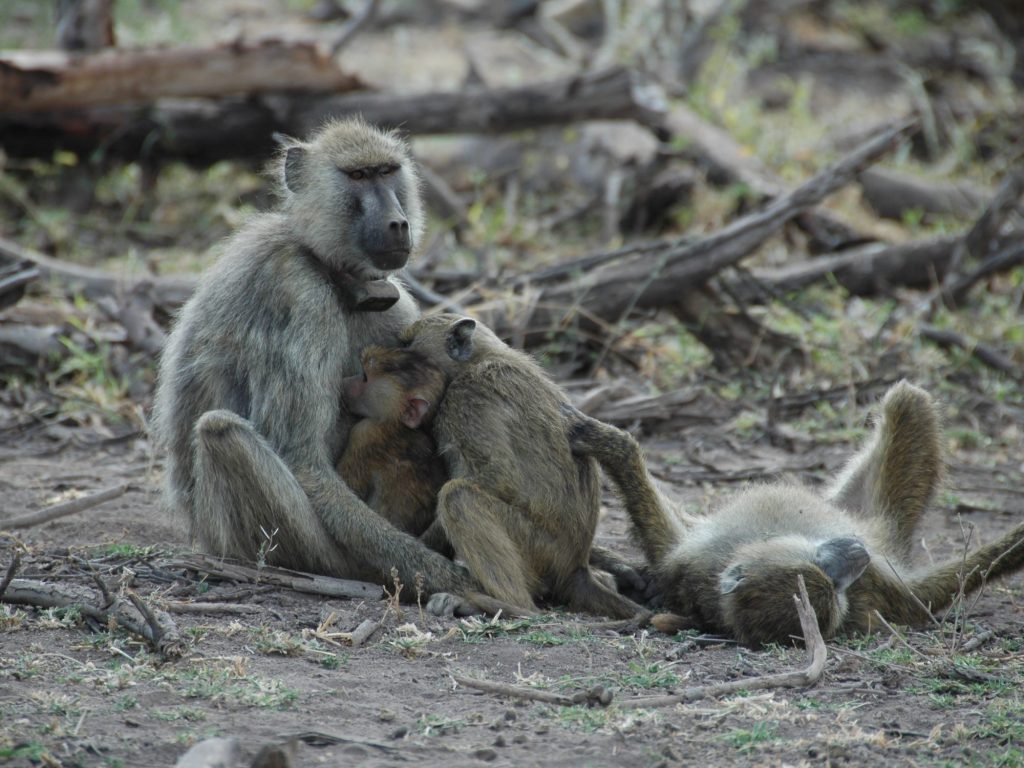
Identical genotypes often express different phenotypes when they experience different environments. Moreover, different genotypes often respond to environments differently, such that responses to the environment itself can evolve. It is the interaction between specific genetic variants and specific environments that determines phenotypic differences among individuals–not one or the other. Drs. Susan Alberts, Jenny Tung, Kathleen Donohue, and Thomas Mitchell-Old all study aspects of how genes and environments interact to determine the phenotypes of animals and plants. Organisms can alter their phenotypes in response to their own environment, the environment of their parents, or sometimes even the environment of more distant ancestors. For example, in non-human primates, the social status and nutritional stress early in life can persist throughout life even when conditions improve later in life; effects of early stress can even alter the health of progeny in the next generation. In plants, the thermal environment in which maternal plants grow influences the seasonal conditions their progeny germinate into, and some such environmental effects can persist throughout the progeny generation and even beyond. How do organisms integrate these environmental signals from their own experience and from that of their ancestors to regulate their phenotypes? Do these responses reflect adaptation to variable environments, or are they maladaptive constraints imposed by environmental uncertainty? To understand how DNA sequence is translated into phenotypes requires understanding how genes are regulated by environmental conditions, how environmental signals are transmitted within and across generations, and the conditions under which environmentally plastic phenotypes are actually adaptive. To understand how genes function in real organisms in the wild, genetic research must incorporate knowledge of the ecological environments of organisms. By doing so, insight can be gained into how changes in the environment can alter ecologically important traits, and how they may influence the evolution of environmental responses themselves. (Photo credit, Susan Alberts)
